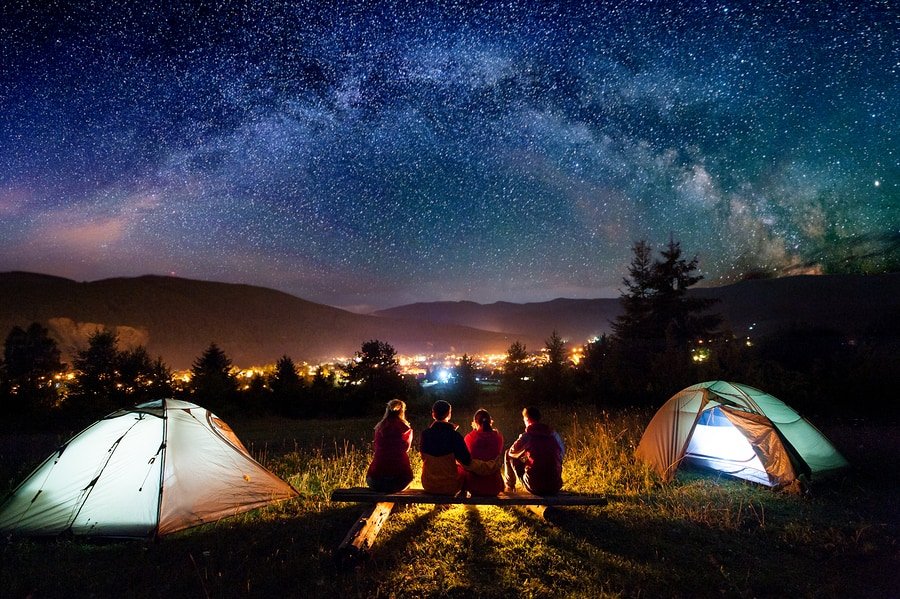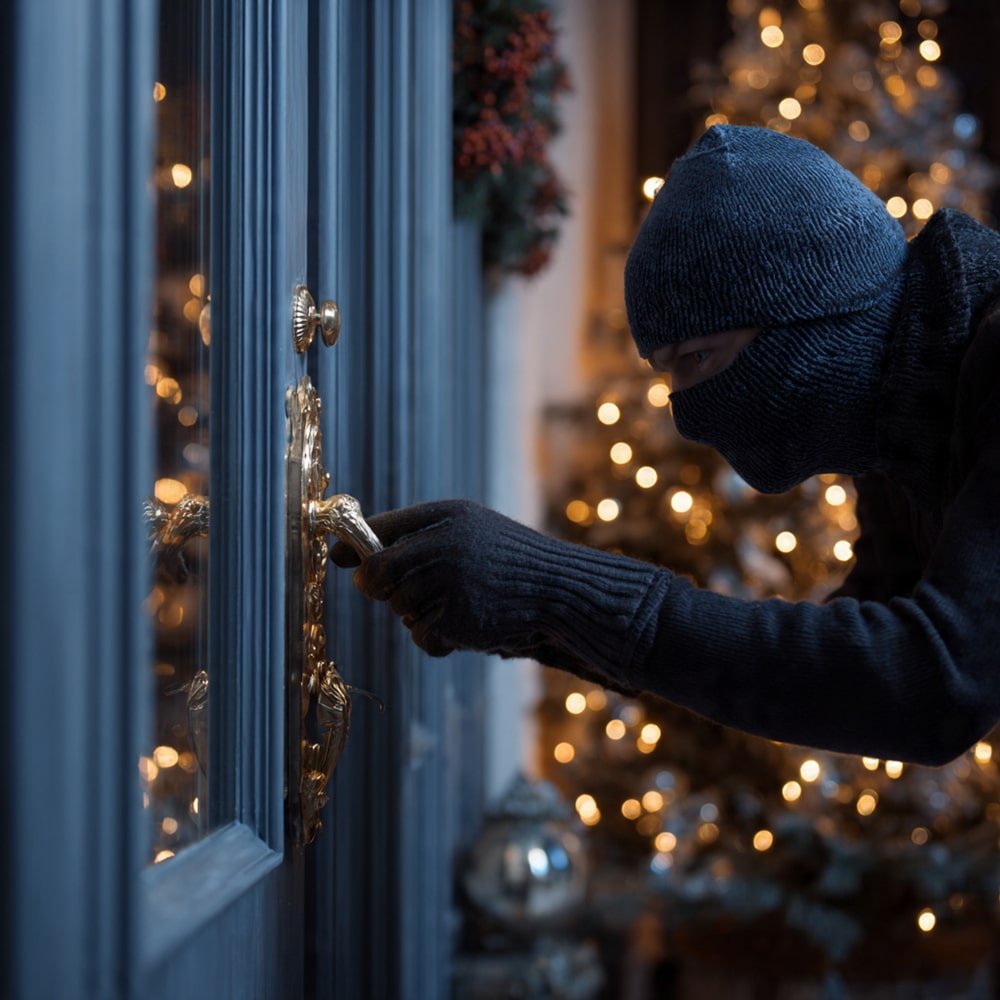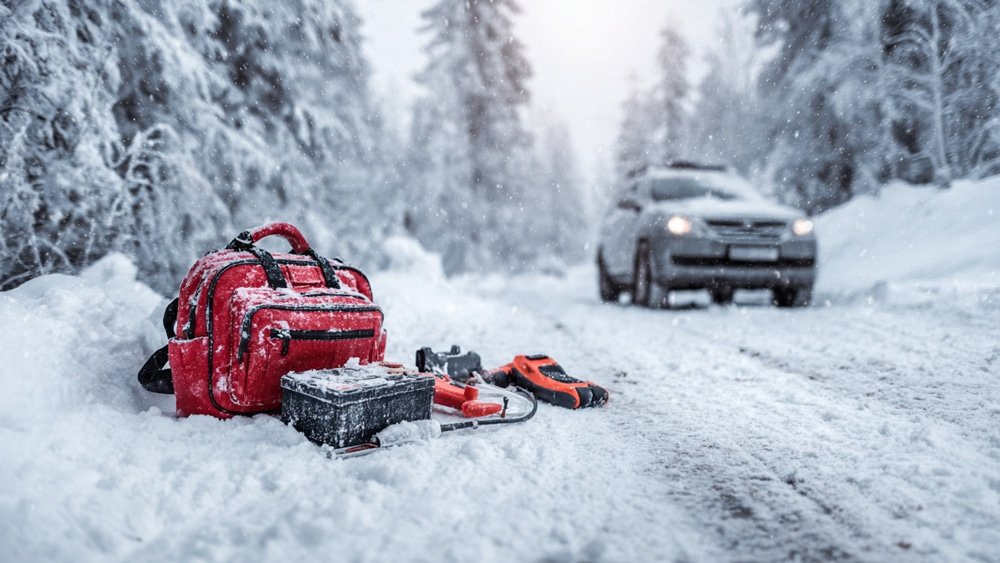Camping is a fun way to spend time with family or friends as long as you all know the important camping safety tips. No one wants your much-awaited getaway to end up a disaster so take the time to read the ten camping safety tips below and increase the chances of things going as smoothly as possible.
1. Be in good mental and physical condition
It’s important to be mentally and physically fit before going on a camping trip, especially if you’re planning on going for a hike. You need to have the right attitude towards your upcoming outdoor endeavor and accept that things may not go exactly as planned.

Do some physical training to keep your body up to the task. Aerobic exercises such as walking, running, biking and swimming will help build your endurance. Resistance training will prepare your body for physical stress. Yoga is good for both mental and physical conditions.

If you’re going with a group, identify the capabilities of the weakest member and use it as the basis for your activities. Everyone should be aware of any medical conditions among the group.
2. Have an emergency plan
Any list of camping safety tips should include one about making an emergency plan. Discuss with your group what to do in emergencies. Develop a plan for when someone gets hurt, when you’re lost, or when faced with a life and death situation.
If you’re camping with children, give them whistles to blow on when they get lost during a hike or when they are hurt.

3. Check the weather
Checking the weather prior to heading out to the campsite is another one of the necessary camping safety tips you shouldn’t forget. Bring a weather radio so you’re updated and ready to make the necessary changes to your plans. If the weather suddenly changes on you, the best course of action is to find shelter and stay dry.

4. Wear proper attire
The best way to prepare for any sudden weather change is to have the right clothes. Wear something comfortable underneath the layers of clothes meant to protect you from the elements and rough environment. Pack extra clothes for when it gets too cold. Wear sturdy footwear and bring extra pair of socks, gloves, headgear, rain gear, a poncho, and eyewear.

5. Pack the right gear
It goes without saying that you need the proper gear to enjoy and survive camping. It wouldn’t be complete without a tent. Bring sleeping bags, thermal blankets, and beddings, as well.
Don’t forget your first aid kit and medications for your certain medical condition. Bring a flashlight, rechargeable light, and spare batteries. You’ll also need matches, lighters, and fire starters to build fire.
You’ll need a map of the campsite and nearby areas along with a compass and GPS. Make sure your phone is fully charged and bring a spare battery or power bank just in case. Your camping survival kit should include a multitool, hatchet, knife, paracord, garbage bags, ziplock, and a host of other things.
One of the many camping safety tips that some people tend to forget is to double-check your gear before you go.

6. Make sure food and water are safe
How many times have you gone on a much-awaited vacation only to end up holed up in your hotel room with a bum stomach? Avoid ruining your outdoor getaway by taking these camping safety tips to heart: prepare food properly and keep the water clean.
One of the most important camping safety tips is to bring food and water enough to keep you full and hydrated in case you extend your stay at the camp (or you get lost and stranded). What some campers forget is to prepare their food properly.
If you’re bringing meat to cook, pack lots of ice in your cooler. Use a hand sanitizer after handling raw meat. Use waterproof and airtight containers for your food to avoid spoilage and to keep animals and ants away.

Bring lots of bottled water, especially if you’re not sure of the quality of the water in your camp. You need clean water for cooking and washing.
7. Protect against insects and animals
You’re out in the wild so prepare for the possibility of staring a bear in the eyes. To avoid such, uhm, awkward situations, don’t wander off at night. Do most of your activities, such as hiking and fishing, during the day. In case you see a wild animal, never approach it and observe proper behavior. The worst thing you can do is to trigger the animal.
Wild animals are not the only living things you should worry about. Insects, particularly mosquitoes, can ruin a good night’s sleep. If you lack enough rest and sleep, you’re easily exhausted and absent-minded, which may lead to an untoward incident. This is why using insect repellent is one of the camping safety tips you shouldn’t take for granted.

8. Be careful with fire
It’s fun to gather around a bonfire and exchange horror stories. It’s not fun when you cause a forest fire. Pick a spot away from trees, dried grass, and your gear to build your campfire or place your gas stove. Make sure to keep the fire attended. Once done with the fire, extinguish it thoroughly. Don’t leave any dying ember as it may reignite. Pack a mini fire extinguisher just in case.

9. Vaccinate
Among all the camping safety tips on this list, this one may attract a little controversy. Anti-vaxxers will likely disagree about having their children vaccinated. But if the CDC is advising you to vaccinate against certain diseases if you’re staying out in the wild for a few days, then it may be the logical move.

10. Prevent carbon monoxide poisoning
Interestingly, the CDC advises campers to be wary of carbon monoxide poisoning. Carbon monoxide can build up from fuel-burning equipment. Among the CDC’s camping safety tips is to lessen the use of gas stoves, lanterns, heaters, and charcoal grills, especially inside the tent or any enclosed space.

Just a disclaimer – We have partnered with these companies because we use their products and/or proudly trust and endorse them – so we do receive a commission if you make a purchase or sign up for services. Often, we are able to negotiate special discounts and/or bonuses, which we will pass on to you via our links. We often get short notice on sale items available for 24-48 hours as we will pass these savings onto you.


















